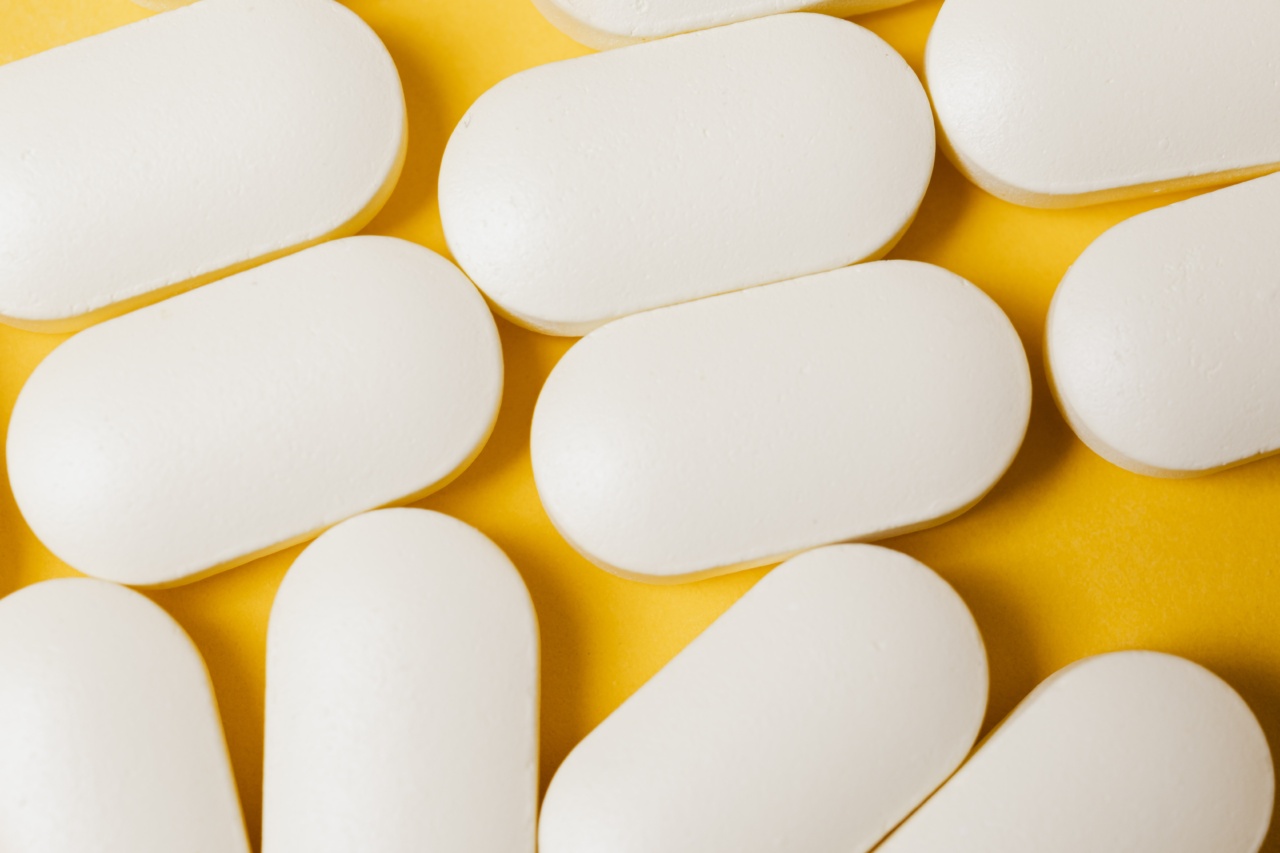Vitamin D is a powerful nutrient that is essential for the proper functioning of various organs in the body. One of the key benefits of vitamin D is its ability to aid in post-liver transplant recovery.
Liver transplant is a complex procedure performed to treat severe liver damage or liver failure. In this article, we will discuss how vitamin D benefits post-liver transplant recovery.
The Role of Vitamin D in the Body
Vitamin D is a fat-soluble nutrient that is essential for various bodily functions. It plays a crucial role in regulating calcium and phosphorus levels in the body, promoting bone health, supporting the immune system, and reducing inflammation.
Research has also found that vitamin D may play a role in preventing and treating several chronic diseases, including cancer, diabetes, and heart disease.
Liver Transplant and Post-Surgical Recovery
Liver transplant is a complex procedure that involves removing a diseased or damaged liver and replacing it with a healthy liver from a donor.
This procedure is usually done to treat severe liver damage or liver failure, which can be caused by various factors, such as alcohol abuse, hepatitis, and cirrhosis. While liver transplant is a life-saving procedure, it also comes with significant risks, including bleeding, infections, and organ rejection.
Post-surgical recovery after liver transplant is a crucial phase that requires careful management and monitoring. Patients need to take measures to prevent infections, manage pain, and promote healing.
Diet and nutrition are also crucial during this phase, as they play a significant role in supporting the body’s healing processes.
Vitamin D and Post-Liver Transplant Recovery
Vitamin D is an essential nutrient that can benefit post-liver transplant recovery in several ways. Some of the key benefits of vitamin D in this context are:.
1. Enhancing Bone Health
Patients who undergo liver transplant may be at risk of developing bone-related disorders due to various factors, such as the use of immunosuppressive drugs, malabsorption of nutrients, and reduced physical activity.
Vitamin D plays a crucial role in promoting bone health by regulating calcium and phosphorus metabolism and promoting bone mineralization. It also helps prevent bone loss and fracture risk.
2. Supporting Immune Function
After liver transplant, patients are usually given immuosuppresant drugs to prevent organ rejection. However, these drugs can also weaken the immune system, making patients more susceptible to infections.
Vitamin D supports immune function by activating immune cells and promoting the production of antimicrobial peptides that help fight off infections.
3. Reducing Inflammation
Inflammation is a common complication after liver transplant that can hinder the healing process and lead to other health issues. Vitamin D has anti-inflammatory properties that can help reduce inflammation and promote healing.
It also helps regulate the activity of immune cells involved in inflammation.
4. Improving Nutrient Absorption
Vitamin D is essential for the absorption and utilization of several nutrients, such as calcium, magnesium, and phosphorus.
After liver transplant, patients may have reduced liver function, which can affect the absorption and utilization of these essential nutrients. Vitamin D can help improve nutrient absorption and support overall health.
Food Sources and Supplementation of Vitamin D
Vitamin D is naturally present in few foods, and the primary source of vitamin D is sunlight. The skin can produce vitamin D when exposed to sunlight.
However, several factors, such as geographical location, season, and skin color, can affect the skin’s ability to produce vitamin D. Therefore, it is essential to get vitamin D from other sources as well.
Food Sources
Foods that are good sources of vitamin D include:.
- Fatty fish (such as salmon, tuna, and mackerel)
- Egg yolks
- Cheese
- Mushrooms (exposed to sunlight)
- Fortified foods (such as milk, cereals, and orange juice)
Supplementation
In some cases, dietary sources of vitamin D may not be enough, especially for individuals who have limited sun exposure or have medical conditions that affect vitamin D metabolism.
In such cases, vitamin D supplements may be recommended by the healthcare provider.
Conclusion
Vitamin D is a powerful nutrient that plays a crucial role in various bodily functions, including post-liver transplant recovery.
It supports bone health, immune function, and reduces inflammation, which are all vital for a successful post-surgical recovery. Incorporating vitamin D-rich foods and supplements can help ensure adequate intake and promote overall health and well-being.































